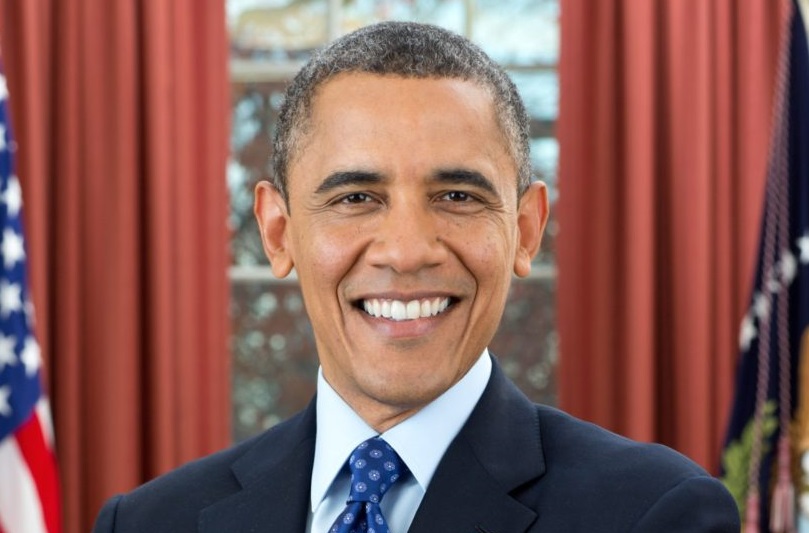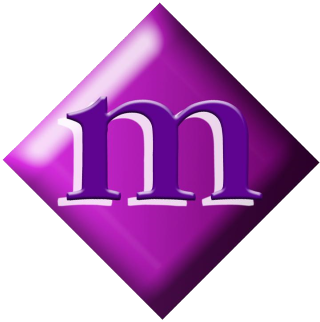President Obama and Information Literacy Practice

President Obama and Information Literacy Practice
On October 1, 2009, President Barack Obama advocated for information literacy practice by declaring October as National Information Literacy Awareness Month.
President Obama advocated for information literacy practice by calling for Americans to “.. be adept in the skills necessary to effectively navigate the Information Age. Though we may know how to find the information we need, we must also know how to evaluate it.”
77 FR 51445 – Presidential Proclamation 8429, National Information Literacy Awareness Month – October 7, 2009
An information literate individual is able to:
- Identify and access the information needed to address a given problem or issue
- Find the needed information, evaluate it and its associated resources
- Organize and use the information effectively to address the problem or issue at hand.
- Understand the economic, legal, and social issues surrounding the ethical and legal use of information
And who are the very best practitioners of information literacy?
Your campus reference librarian, of course!
Most campus libraries sponsor information literacy workshops, courses, and individual training sessions.
College Students…
With 4 Simple Steps, You Can Master the Information Universe!
Ready to master the information universe and expose fake news? Learn in four easy steps. Enhance your skill sets and achieve competitive advantage not only at school, but in the workplace as well! Information Literacy Practice in Four Easy Steps Practice the steps listed below on a regular basis. Test these strategies out in school and on the job. You’ll soon realize the advantages as well as the personal and professional benefits of becoming information literate.
1. Always define the problem or task at hand first?
ASK YOURSELF: What do I know; what am I looking for; what do I need to know?
2. Find information resources?
ASK YOURSELF: Where can I find the needed information sources – go online, or better yet, speak to a reference librarian, or perhaps, do both; use keyword association strategies; figure out what types of information sources you need such as interviews, government reports, corporate reports, surveys etc.?
3. Analyze and evaluate information resources?
ASK YOURSELF: Does the information I find give me the answers that I need; if not, return to step 2; do I need to search for additional information? How do I extract the most important pieces of information (rules/steps to assess important information) from my information pool?
4. Communicate your findings?
ASK YOURSELF: What is the best way to communicate my findings; how do I incorporate the information into a final product such as a report or presentation; who will be my audience (s); what are the ramifications of presenting my findings; in what ways do I need to follow up?


